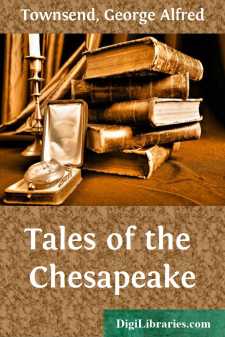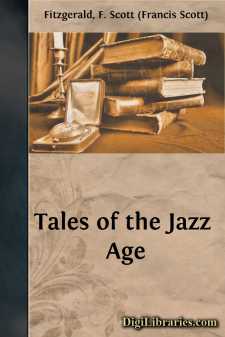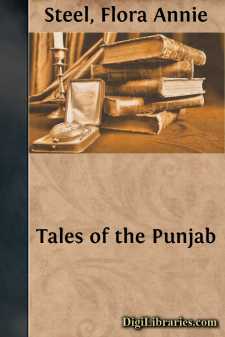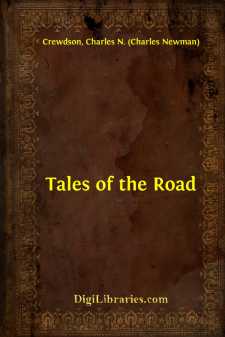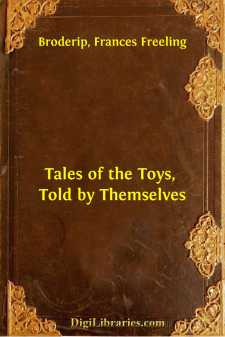Fiction
- Action & Adventure 180
- Biographical 15
- Christian 59
- Classics
- Coming of Age 5
- Contemporary Women 3
- Erotica 8
- Espionage/Intrigue 12
- Fairy Tales, Folklore & Mythology 236
- Family Life 169
- Fantasy 117
- Gay 1
- General 596
- Ghost 32
- Historical 808
- Horror 43
- Humorous 160
- Jewish 25
- Legal 4
- Medical 22
- Mystery & Detective 315
- Political 49
- Psychological 41
- Religious 64
- Romance 159
- Sagas 11
- Science Fiction 730
- Sea Stories 113
- Short Stories (single author) 537
- Sports 10
- Suspense 1
- Technological 8
- Thrillers 2
- Urban Life 31
- Visionary & Metaphysical 1
- War & Military 173
- Westerns 199
Classics Books
Sort by:
by:
Zane Grey
CHAPTER INONNEZOSHEJohn Wetherill, one of the famous Wetherill brothers and trader at Kayenta, Arizona, is the man who discovered Nonnezoshe, which is probably the most beautiful and wonderful natural phenomenon in the world. Wetherill owes the credit to his wife, who, through her influence with the Indians finally after years succeeded in getting the secret of the great bridge. After three trips to...
more...
by:
Anonymous
PART I. Many hundreds of years ago, when the Plantagenets were kings, England was so covered with woods, that a squirrel was said to be able to hop from tree to tree from the Severn to the Humber. It must have been very different to look at from the country we travel through now; but still there were roads that ran from north to south and from east to west, for the use of those who wished to leave...
more...
by:
H.A. Bryden
Chapter One. The Secret of Verloren Vlei. It was not until my second season’s hunting with Koenraad du Plessis that I heard of Verloren Vlei, a place I am never likely to forget. Du Plessis was a Transvaal Boer, descended, as his name implies, from that good Huguenot stock which, after the revocation of the Edict of Nantes, made its way to the Cape to replenish the Dutch settlers. The French language...
more...
MOTHERNOOK. THE EASTERN SHORE OF MARYLAND.One day, worn out with head and pen,And the debate of public men,I said aloud, "Oh! if there wereSome place to make me young awhile,I would go there, I would go there,And if it were a many a mile!"Then something cried—perhaps my map,That not in vain I oft invoke—"Go seek again your mother's lap,The dear old soil that gave you sap,And see...
more...
Preface Hawthorne in his Wonder Book has described the beautiful Greek myths and traditions, but no one has yet made similar use of the wondrous tales that gathered for more than a thousand years about the islands of the Atlantic deep. Although they are a part of the mythical period of American history, these hazy legends were altogether disdained by the earlier historians; indeed, George Bancroft made...
more...
THE JELLY-BEAN. Jim Powell was a Jelly-bean. Much as I desire to make him an appealing character, I feel that it would be unscrupulous to deceive you on that point. He was a bred-in-the-bone, dyed-in-the-wool, ninety-nine three-quarters per cent Jelly-bean and he grew lazily all during Jelly-bean season, which is every season, down in the land of the Jelly-beans well below the Mason-Dixon line. Now if...
more...
Many of the tales in this collection appeared either in the Indian Antiquary, the Calcutta Review, or the Legends of the Punjab. They were then in the form of literal translations, in many cases uncouth or even unpresentable to ears polite, in all scarcely intelligible to the untravelled English reader; for it must be remembered that, with the exception of the Adventures of Raja Rasâlu, all these...
more...
CHAPTER I. THE SQUARE DEAL WINS. Salesmanship is the business of the world; it is about all there is to the world of business. Enter the door of a successful wholesale or manufacturing house and you stand upon the threshold of an establishment represented by first-class salesmen. They are the steam —and a big part of the engine, too—that makes business move. I saw in print, the other day, the...
more...
CHAPTER I.—INTRODUCTORY. THE TURNING OUT OF THE TOY CUPBOARD. urrah! We are going to have such a jolly holiday!" shouted Frank, suddenly bursting out of his imprisonment in the slate closet, to the great disturbance of his sisters, who were peaceably occupied with their lessons. "Frank," said Miss Watson, "I must really at last report you to your Papa. I do not like to trouble him if...
more...
by:
Boris Pilniak
RUSSIAN FICTION SINCE CHEKHOV The English reading public knows next to nothing of contemporary Russian Literature. In the great age of the Russian Realistic Novel, which begins with Turgeniev and finishes with Chekhov, the English reader is tolerably at home. But what came after the death of Chekhov is still unknown or, what is worse, misrepresented. Second and third- rate writers, like Merezhkovsky,...
more...





